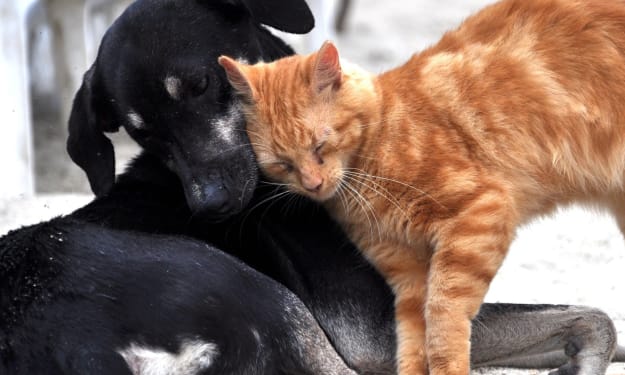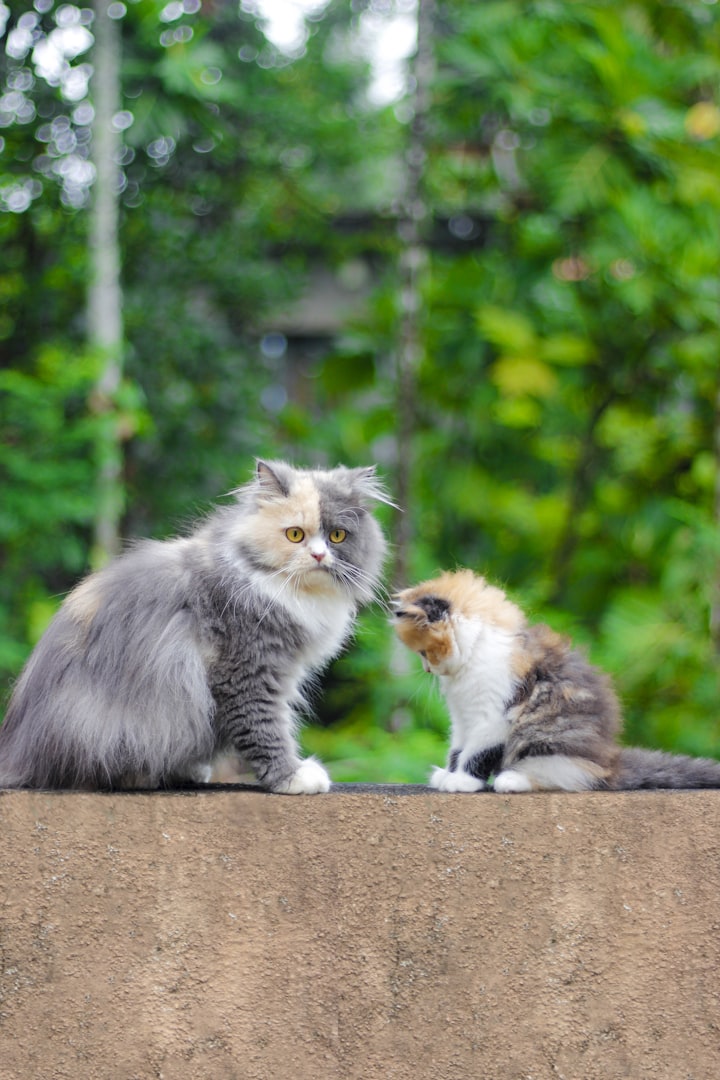
Unfortunately, the truth is that over eighty percent of pets over the age of three struggle with some form of dental disease. And to make matters worse, this disease is completely preventable! That being said, the best way to ensure that your pets have healthy teeth and gums is to know and understand all that you can about the disease.
The first thing that all owners need to know is what sings that need to look out for. These signs will let owners know that they need to get their pet to the veterinarian as soon as they can.
The common signs of dental disease include:
Bad breath. You may no longer want to get too close to your pet because of his or her breath.
Pawing and rubbing at the mouth. This is often due to pain and discomfort that your pet may be feeling.
Red and swollen gums. You may also notice that your pet’s gums are really red. They may be so red that his or her gums are swollen.
Not eating as well. Your pet may not be able to eat because his or her mouth is sore.
Doesn’t want to play with hard toys. He or she may also avoid playing with hard toys or chewing on rawhides because of a sore mouth.
If you notice any of these signs, you may want to contact your veterinarian for a thorough dental examination. He or she will check for:
- Pain
- Bad breath
- Drooling
- Trouble swallowing
- Changes in teeth. We look for teeth resorption, missing teeth, fractured teeth, and much more.
- Inflammation
- Bleeding
That being said, many pet owners don’t realize the importance of good dental care. Even if they notice the signs of disease, they may not do anything about it. However, that could be a mistake.
Good dental care is so important for many reasons. If left untreated, dental disease can do the following:
Weight loss. Struggle to eat enough to get the nutrition that your pet needs.
Pain and inflammation. Dental disease can really affect your pet’s overall health and wellness.
Resorptive lesions. These lesions are quite painful and are found in twenty-eight percent of cats.
Lost teeth. Gingivitis and tartar can build up and cause your pet’s teeth to get loose and fall out.
Damage to your pet’s vital organs. Bacteria can enter the bloodstream and cause damage to your pet’s heart, kidneys, and liver.
As per the AHAA guidelines, “dental care is necessary to provide optimum health and optimize the quality of life.”
So, what can you do at home for your pet’s dental care? Here are some things that you can do now to improve the health of your pet’s mouth.
Brush your pet’s teeth at home regularly. Though it is best to do it daily, if you are able to do it several times a week, you will notice a difference.
Use special treats and chew toys to help maintain good oral care. There are many treats and chew toys out there to help your pet maintain good oral care.
Visit your veterinarian regularly to ensure that your pet’s oral health is where it should be. Your pet should be examined at least once a year to make sure that your pet’s mouth is doing well.
If you see signs of dental disease, it is important that you take note. You should schedule an examination with your veterinarian as soon as you can. You may be able to do better with your home care, though your pet may need a dental. Once they are professionally cleaned, all you have to do is try to keep them that way!
About the Creator
Shelley Wenger
Small town country girl in southern Pennsylvania. Raising two boys on a small farm filled with horses, goats, chickens, rabbits, ducks, dogs, and a cat. Certified veterinary technician and writer at Virtually Shelley.






Comments
There are no comments for this story
Be the first to respond and start the conversation.